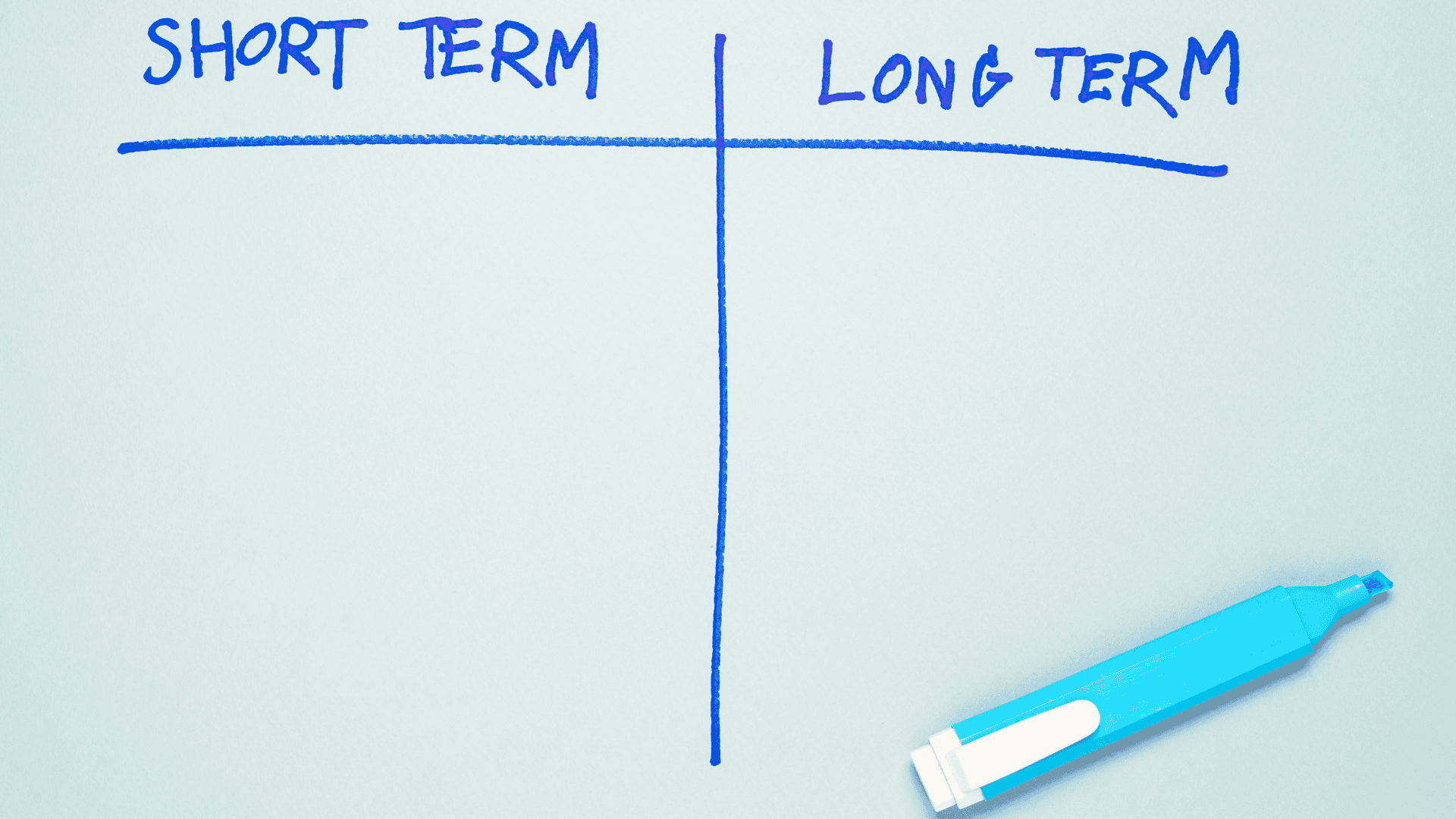Subtotal $0.00
Setting realistic expectations is crucial for successful weight loss. Here are suggestions about weight loss results over different timeframes:
Initial Weight Loss (First Few Weeks):
- Weight loss will likely be greater initially due to accompanying protein and glycogen breakdown and consequent water loss.
After 3-4 Weeks:
- Further weight loss may be very small because only adipose tissue is broken down, and there is less accompanying water loss.
Realistic Initial Aim:
- A 10% reduction in weight is a realistic initial aim. The potential benefits of a 10 kg weight loss in a 100-kg patient with co-morbidities include a reduction in blood pressure, a decreased risk of developing diabetes (by >50%), a fall in fasting blood glucose (30-50%), a fall in HbA1c (15%), and improvements in serum lipid profiles.
Long-Term Success:
- Long-term success in moderate obesity is poor (no more than 10%) without permanent changes in eating habits. Most obese people oscillate in weight.
- Drug therapy for weight loss has shown modest effectiveness, with about 3 or 4 kg greater weight loss than the control group in trials of 1 year’s duration.
- Bariatric surgery, compared to non-surgical treatments, produced significant weight loss (23–37 kg) which was maintained up to 8 years.
Rate of Weight Loss:
- Many dietary regimens aim for a weight loss of approximately 1 kg/week. A weight gain of 0.5–1 kg per week is aimed for in the treatment of anorexia nervosa.
Setting Achievable Goals:
- Setting small and achievable goals may help maintain motivation and promote self-efficacy in rehabilitation, which can include addressing weight management.
- It is essential to establish realistic aims for weight loss. When making dietary changes for adolescents, it’s important to set small realistic goals for change, followed by sequential reinforcement of progress.
One Month:
- At one month, an individual following a consistent dietary regimen might expect to see some noticeable weight loss, potentially in the range of 2-4 kg, keeping in mind that initial loss can be more rapid due to water weight. However, this is highly individual and depends on factors like starting weight, diet, and activity level.
Three Months:
- Over three months, with sustained effort, a weight loss of around 5-12 kg could be a realistic expectation, aiming for approximately 1 kg per week after the initial rapid loss. Achieving a 5% loss of body weight in 3 months is a benchmark used to decide whether to continue orlistat, a weight-loss medication.
Six Months:
- By six months, a more significant weight loss is achievable. A 10% reduction in initial body weight is considered a realistic and beneficial goal. This could translate to a loss of around 10-25 kg depending on the individual’s starting weight and adherence to lifestyle changes. The weight loss from bariatric surgery continues to be significant at this stage.
Important Considerations:
- Constant supervision by healthcare professionals or support systems helps encourage compliance.
- A permanent change in eating habits is required to maintain weight loss.
- Weight control is usually not achieved without exercise, although exercise alone may produce little long-term benefit without dietary changes.
- Lifestyle modification, including reducing physical inactivity and encouraging healthy eating, is first-line therapy for overweight and obese individuals.
- Avoid “diets” and instead focus on sustainable dietary changes that can be incorporated into the regular meal pattern for the rest of their life.
Family involvement can be beneficial in making healthy lifestyle changes.




